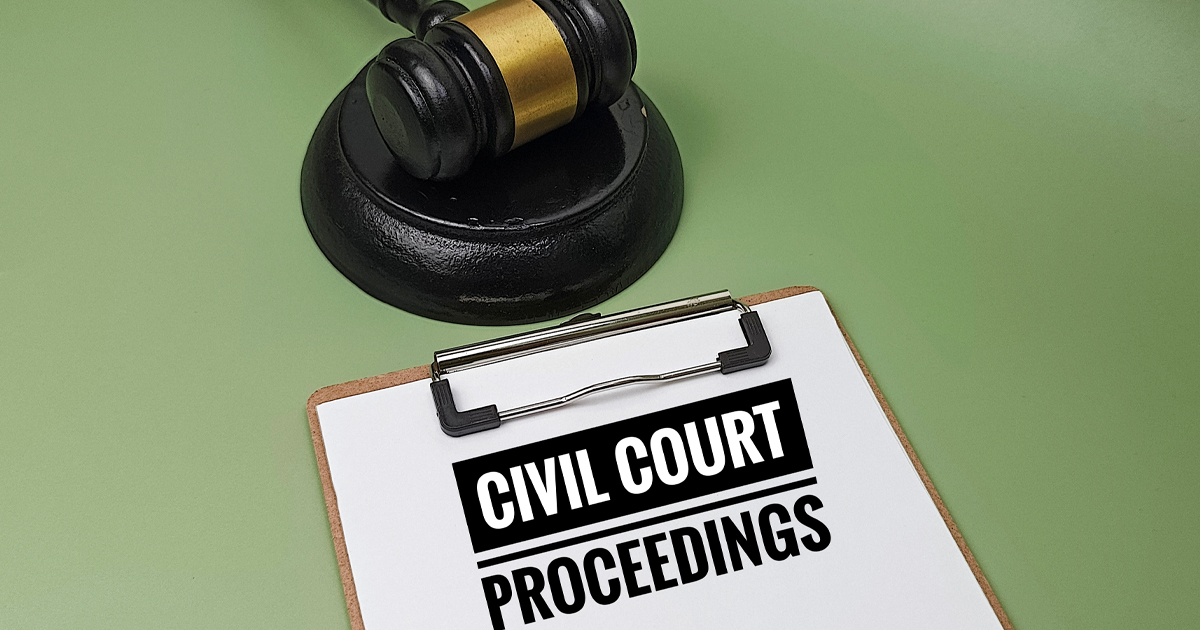On 7 August 2019, Singapore hosted the signing ceremony of the United Nations Convention on International Settlement Agreements Resulting from Mediation, commonly known as the Singapore Convention on Mediation. Designed to mirror the success of the New York Convention for arbitration, the Singapore Convention represents a pivotal moment for international mediation by enabling the direct enforcement of cross-border mediated settlement agreements.
This development addresses a longstanding issue: while mediation is cost-effective and collaborative, its results lacked an effective enforcement mechanism. Parties previously had to bring separate lawsuits or convert terms into arbitral awards, practices that were inefficient and expensive. The Convention fills this gap by enabling courts in signatory states to enforce settlement agreements directly, with limited grounds to refuse enforcement.
Since its entry into force on 12 September 2020, six months after ratification by Singapore, Fiji, and Qatar, the Convention has gained both signatories and momentum in adoption.
New Developments Worth Noting
Expanding Global Momentum
- As of 11 June 2025, the Convention has 58 signatories and 18 Contracting Parties, including Costa Rica—the most recent country to ratify
- Major economies joining the Convention foster increased confidence in its enforcement power
Japan’s Entry Adds Weight
- Japan, the world’s third-largest economy, completed ratification on 1 October 2023, with the Convention entering into effect domestically on 1 April 2024.
- With Japan’s accession, other nations such as Nigeria (Nov 2023) and Sri Lanka (Feb 2024) have also ratified, bringing the total to 13.
Enforcement in Action
- While judicial enforcement under the Convention remains limited, specialized procedures have been established.
- Japan introduced a Business Court under its implementation Act to handle enforcement applications
- Courts are expected to soon test key Convention clauses—especially remedies and mediator impartiality—mirroring judicial reasoning in arbitration.
Monitoring Court Interpretations
- Article 5’s refusal grounds—covering public policy, incapacity, mediator misconduct, or undue influence—will need national jurisprudence to define terms like “serious breach” and “material impact”
- Japan’s first enforcement cases under its landmark implementation will provide valuable precedents in interpreting these provisions.
Key Takeaways for Mediating Parties
| Factor | What It Means |
| Broader Adoption | More countries are signing and ratifying, enhancing the Convention’s worldwide enforceability. |
| Economic Powerhouses | With large economies like Japan joining, mediated settlements gain legitimacy and reach. |
| Emerging Case Law | Expect early court cases to clarify enforcement mechanics and refusal grounds. |
| Strategic Planning | Parties should incorporate Singapore Convention compliance and mediator impartiality clauses in mediation agreements to maximise enforceability. |
What You Should Do Now
If you’re considering mediation for an international dispute, preparing now for enforcement can save time and reduce risk:- Draft with enforcement in mind: Ensure your settlement agreement meets Article 4 documentation requirements and includes clauses on mediator impartiality and agreed enforcement jurisdiction.
- Track party status: Use the official ratification list to confirm enforcement viability in relevant jurisdictions (e.g., Japan).
- Stay informed on jurisprudence: We will monitor and summarise key court decisions as they emerge, especially in Japan and other early adopters.















